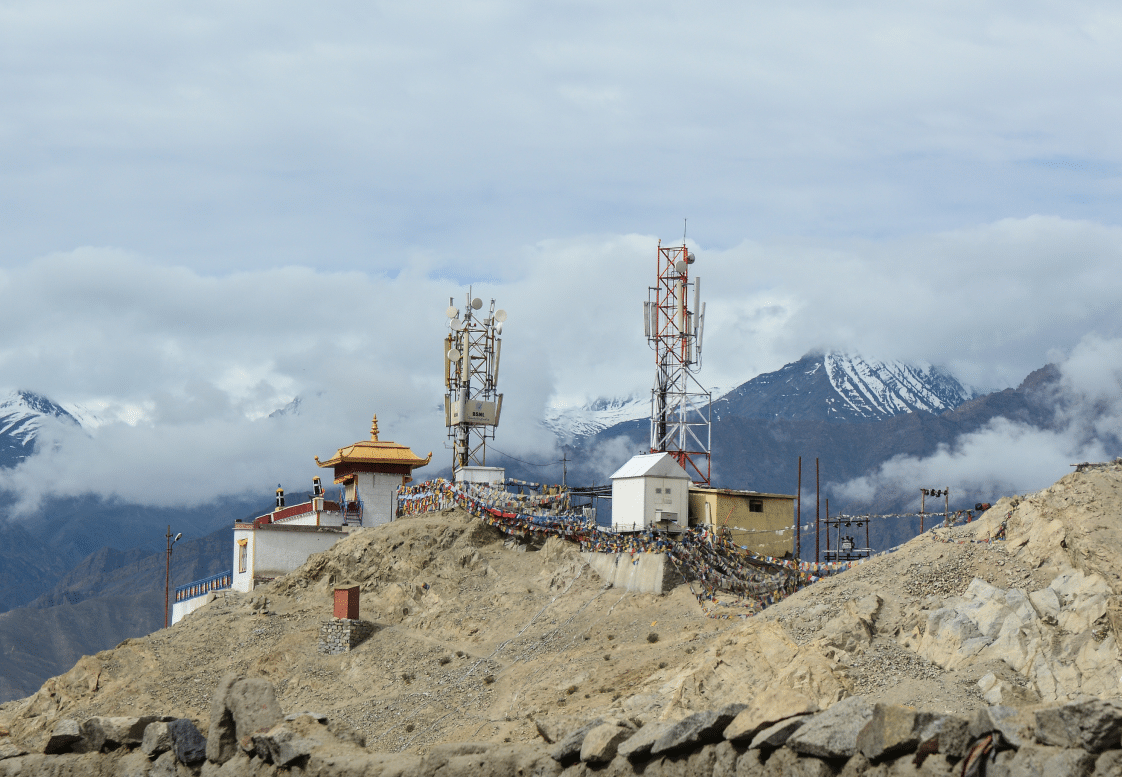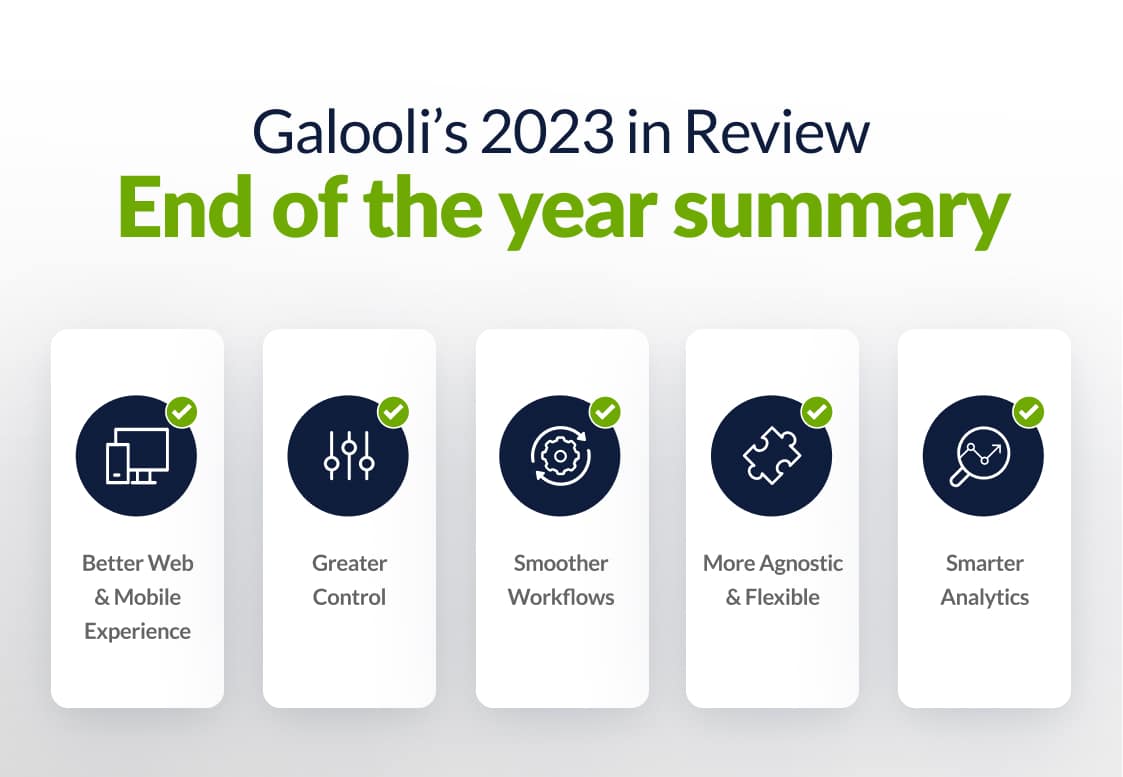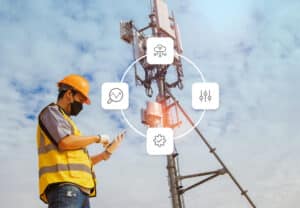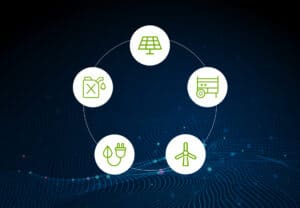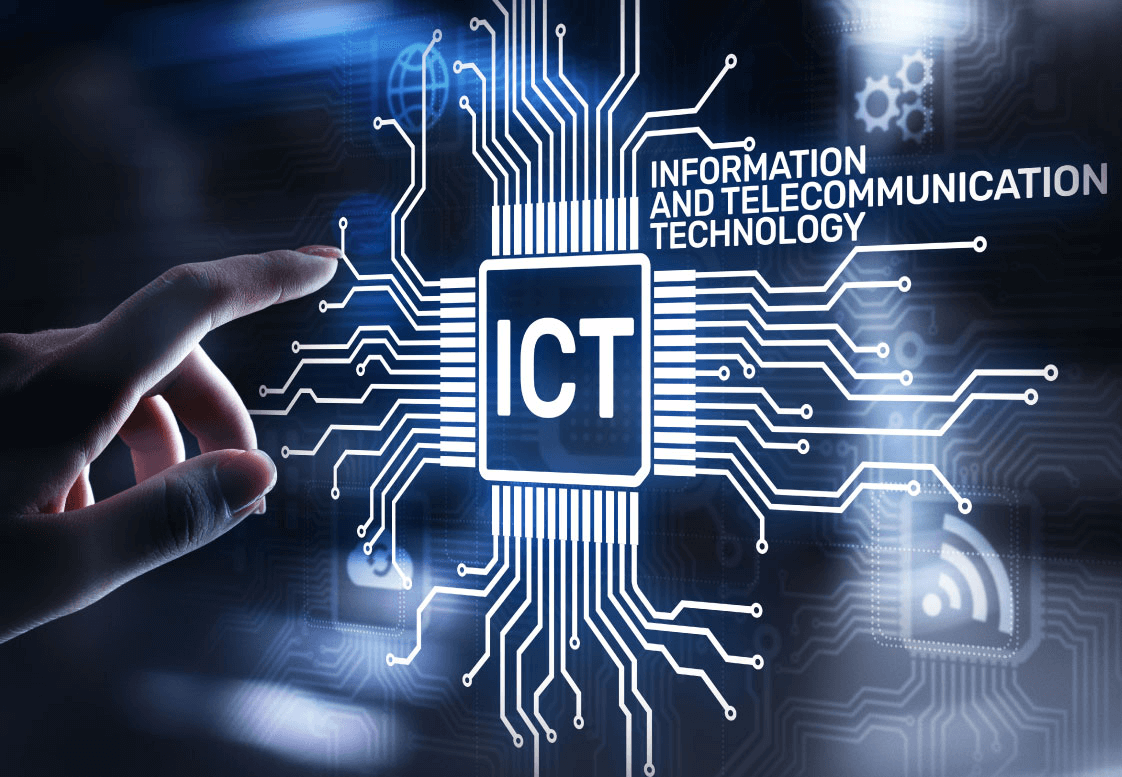
How do we stay connected in this day and age? Much of modern communication takes place on computers of all shapes and sizes, sending and receiving information through networks run on servers in buildings all over the world.
This network of technology systems is extraordinarily complex and engages the bulk of industrial supply chains. ICT is the phrase we use to talk about this wide array of physical and digital infrastructure.
So what is ICT, and what is it comprised of?
What is ICT?
ICT, or Information Communication Technology, is exactly what it looks like; the operations of information technology in the context of communications systems. ICT refers to the parts of those systems that intersect with or impact communication services. This includes the data centers acting as hubs for information as well as the infrastructure underlying all kinds of data transmission.
Rather than describing a subset of information technology (IT), ICT is a paradigm for understanding technology supply chains, telecom infrastructure, and network accessibility.
Like many other technology sectors, ICT is actively changing and growing. Modern emphasis on green energy solutions and efficiency are central to the conversation on managing resources for communication technology.
ICT Sector Breakdown
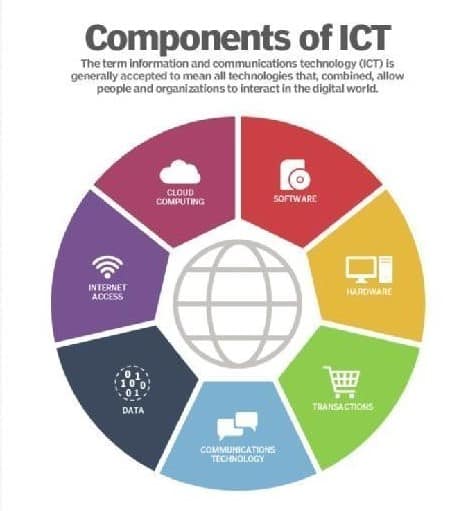
The ICT industrial base consists of a wide range of sectors including communications equipment, data storage, and end-user devices, as well as critical software, firmware and open-source software.
Digital Media
Anything that appears on a screen and is intended to connect people is a component of ICT. This includes basic visual and audio data, but also extends to more complex configurations like videos and games. Games in particular have increasingly moved towards cloud-based models, driving a growing dependency on data centers, particularly those on the edge of networks.
ICT Operations and Support
Operations and support refers to anyone employed in managing data and user support for software, hardware, and data storage. This includes managed service providers (MSPs) using remote monitoring and management (RMM) technology to improve their systems and efficiency.
Programming, Software, and Development
Behind all of the data centers and their management is the creation and maintenance of software. Programming and developing tools to run these systems as well as generating the content flowing through them is all a part of ICT.
Telecommunications
The importance of ICT in telecommunications cannot be understated. It’s reasonable to say that ICT covers the entirety of telecom, from using networks to transmit information to the infrastructure and equipment that enables it.
Why is energy management so important for ICT?
So what makes energy management so relevant for ICT? Despite Covid-19 leading to a brief reduction, global energy use rebounded in 2021 and continues to increase dramatically. Recent findings have shown annual ICT energy consumption constitutes as much as 4-10% world’s total. Data centers alone are expected to comprise over 3.2% of the world’s power consumption by just 2030
As global markets and industries rebound from the debilitating effects of the pandemic, electricity demand and carbon emissions have begun to rise once more. ICT sectors are responsible for a significant amount of these emissions, making improvements to energy management, use and efficiency paramount.
In the face of growing ICT energy usage, how do countries and companies manage the costs and system strain? One answer is to improve energy efficiency for both existing equipment and new power sources. ICT energy solutions such as active observation and control through remote monitoring and management systems have demonstrably reduced energy costs and improved overall coverage of power networks.




















